Northern Tablelands Wildlife Carers
Northern Tablelands Wildlife Carers is a dedicated group of volunteers who rescue, rehabilitate and release native wildlife in the Northern Tablelands region of New South Wales. We have wildlife volunteers available 24 hours a day who are specially trained and equipped to handle animals.
Our aim is to rescue and rehabilitate native animals across the Northern Tablelands region of NSW, provide local support network of skilled wildlife carers and to work with landholders in the wider areas of education, research, habitat, revegetation and release sites.
The organisation is licensed under the National Parks and Wildlife Service.
Emergency Advice
These are some of the basic rules to be adopted if you find an injured native animal or bird:
- Pick the animal up using a towel or blanket, being careful to avoid being scratched or bitten. Most small animals can be picked up in this manner – place the towel or blanket over the animal and pick it up like you would a small load of washing.
- Place the animal in a cardboard box lined with an old towel or blanket. The towel will give the animal something to cling to so that it doesn’t slide around in the box. Make sure that you put some ventilation holes in the box first!
- Place the box securely in your car (not the boot as exhaust fumes can kill the animal). Make sure that the lid is securely closed so that the animal cannot escape and cause you to have an accident.
- If you cannot obtain immediate assistance, keep the animal in a warm, dark place and keep noise to a minimum to avoid stress. Remember the animal is in unfamiliar territory and unfamiliar noises and smells can be extremely stressful to a native animal. Our native animals can die very quickly from stress.
- DO NOT OFFER ANY FOOD OR WATER as native animals have very specialised diets and feeding an animal suffering from shock can be fatal.
- Take the animal to your nearest vet or contact your local wildlife rescue organisation or government wildlife authority as soon as possible.
- Remember some animals do not require rescuing, for example some baby birds are left for a short time while their parents forage for food. Unless the animal is in immediate danger just keep an eye on it to ensure a parent returns to care for the baby. Removing a baby bird unnecessarily can be very detrimental to its well-being. If in doubt contact your local wildlife organisation for advice.
- If you find a kangaroo, wallaby, possum, koala or wombat that has been injured make sure you check the pouch – joeys have been known to survive in the mother’s pouch following her death for several days. Do not remove the joey from the mother’s teat as irreparable damage can be done to the joey’s mouth if removed from the teat incorrectly. If possible take the mother and joey intact to your nearest vet for attention or alternatively call your local wildlife organisation for their assistance.

